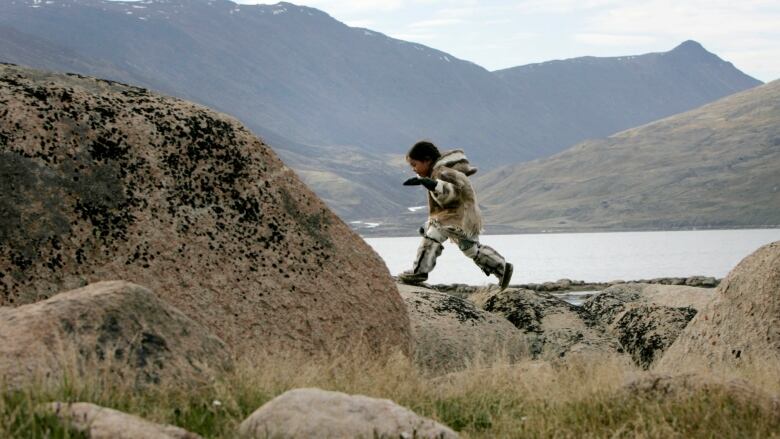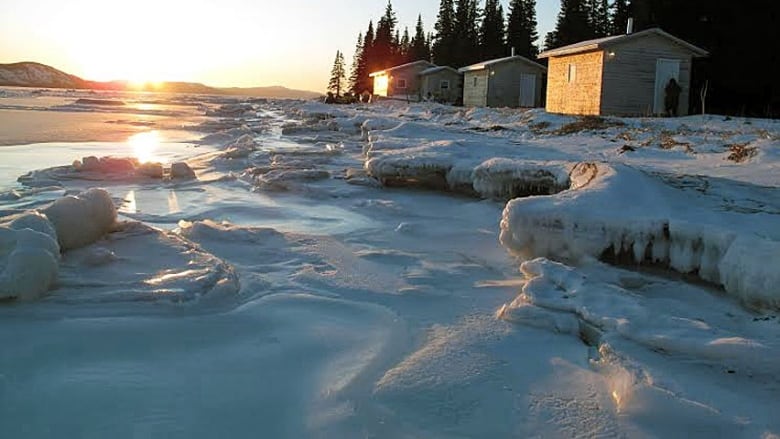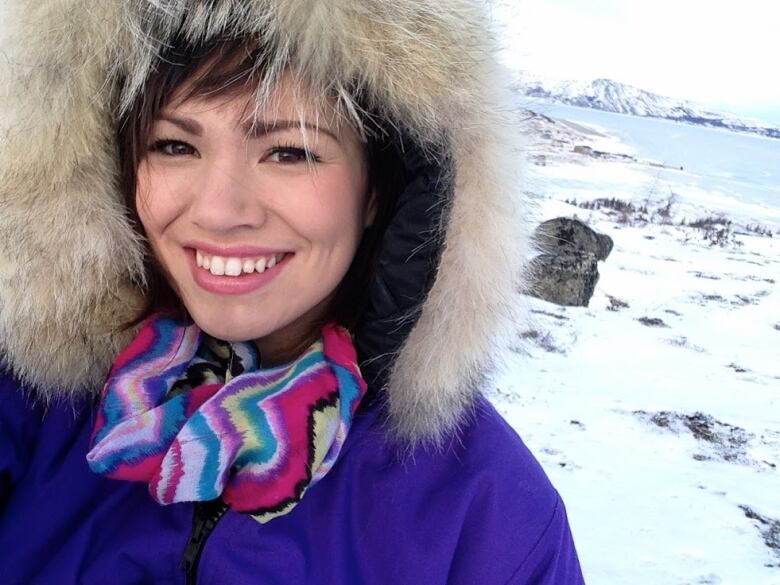'It's their backyard': Inuit voice essential in Arctic climate studies, scientists say
Residents' knowledge of the fastest warming place on Earth fills gaps in scientific data

The Arctic: a cold, snow-swept landscape.It's aplace few have had the privilege to see;its wildlife, plants and delicate ecosystem are a mystery to most.
But that icy image is being replaced.Nowthe images of the Arctic most Canadians see include chunks ofice bobbing on shallow waves in the Arctic Ocean,polar bears swimming long distancesto find food andhunters using boats instead of sleds to carry on age-old traditional hunting.
The Arctic is warming faster than any other place on Earth.

TheInuit, who have lived in the region for generations, are observing and reporting thinner ice, later ice, and birds and insects in areas where they've never been seen.
"Scientists, although they have really powerful models and tools lack the ability to be on the ground year-round observing environmental conditions," said JamalShirley, manager for research design at theNunavutResearch Institute of theNunavutArctic College.
Incorporating the Inuit voice inthe study of climate changeisessential, Shirley says.
If you're putting a microscope on the Arctic, you must incorporate that traditional knowledge piece.Caitlyn Baikie, Students on Ice
"It's thegrowing recognition and basic necessity of incorporating knowledge and observationsof people closest in proximityto the changes that are occurring in the environment."
One effort to incorporate the Inuit voice isArcticNet,a government-sponsored initiative that brings together scientists andInuit to study climate change in the coastal Arctic. More than 1,000 papers from various universities have been published on the rapidly changing Arctic, with the voice of the Inuit as part of the discussion.
"How Inuit are involved in the research varies a lot, but what's really attached to that is their knowledge of the land," said CaitlynBaikie,Arctic student and partnership program manager at Students on Ice. Using that knowledge leads to successful and well roundedstudies, she said.
"If you're putting a microscope on the Arctic, you must incorporate that traditional knowledge piece."

Baikie,an InukfromNain, N.L., has seen what she calls rapidly changing, unpredictable and unsustainable weather events. Stories of hunters falling through the ice are becoming more common.
People are more commonly getting lost in blizzards, she said. And while natural weather variabilityis common, she said more extreme weather events arehappeningmore often.
Arctic splendour
Baikie's program takesyouth out to the Arcticto witness its splendour.
Of the 120 students who participate, 50 are Indigenous. It's important for them to know that they are the experts of the Arctic, she said."It's their backyard."
While the application of Inuit knowledge is becoming more common, it's still not enough,Baikiesaid.
Oftenthe research is led by Arctic communities, which approach universities. The researchers then visit the community to study a particular concern or event.
But Baikiebelieves there has to be more effort to incorporate the Inuit voice in the findings of these studies."We still have a long way to go when that is the norm," she said.












_(720p).jpg)


 OFFICIAL HD MUSIC VIDEO.jpg)
.jpg)



























































































